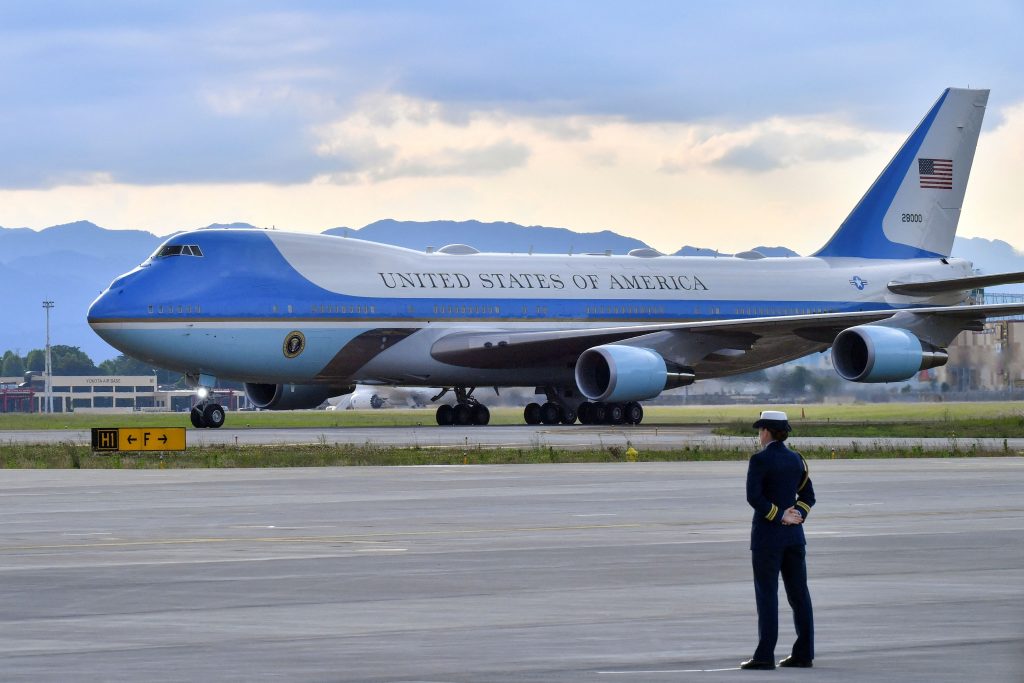- Boeing is having a tough time finding qualified workers to build Air Force One, the GAO said in a report.
- It said Boeing's security clearance approval rates for skilled workers were lower than expected.
- These factors, along with changing supplier, could trigger further delays, GAO said.
Boeing is having trouble hiring qualified workers to finish building the presidential aircraft, Air Force One, according to a report to Congress by the US Government Accountability Office.
The report said this could result in further setbacks for the delivery date of the two Air Force One jets — known for flying US presidents across the world.
"Boeing is experiencing aircraft mechanic workforce limitations due to a competitive labor market," the GAO said in its report. "They said that an additional limitation is lower-than-planned security clearance approval rates for skilled workers needed to modify the aircraft."
The GAO said in the report that Boeing employees have to meet strict security requirements to work on building the Air Force One program because of its "presidential mission." Despite the "one" moniker, there are two Air Force One planes designated for official presidential travel.
On top of the hiring troubles, the report said Boeing's decision to transition to a new supplier for interior work in Air Force One was causing delays to the schedule. Installing wiring on the aircraft was also considered a delay risk, per the report.
The GAO report said Boeing has finished structural alterations on the first jet and was looking at installing wires onboard. The company has predicted the same work for the second plane will be completed in spring 2022, per the report.
Boeing and the GAO didn't immediately respond to Insider's requests for comment about whether these factors had pushed back the project's timeline, and how long the delays could last.
Former US President Donald Trump and Boeing inked a deal in 2018 valued at $3.9 billion for two Boeing 747-8i airliners to be delivered around 2024. However, service officials said in early 2021 that Boeing was behind on schedule and the aircraft wouldn't be delivered until 2025.
The aircraft, also known as VC-25Bs, are bigger and more fuel-efficient than the older models currently in use, Insider previously reported.

